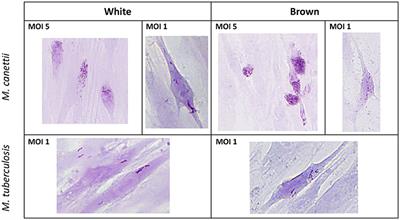REVIEW
Published on 18 Apr 2019
Advances in Cardiovascular Disease Lipid Research Can Provide Novel Insights Into Mycobacterial Pathogenesis
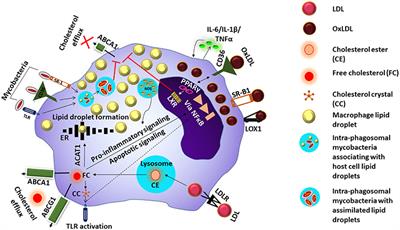
doi 10.3389/fcimb.2019.00116
- 3,775 views
- 7 citations
9,426
Total downloads
39k
Total views and downloads
You will be redirected to our submission process.
REVIEW
Published on 18 Apr 2019

ORIGINAL RESEARCH
Published on 09 Jan 2019
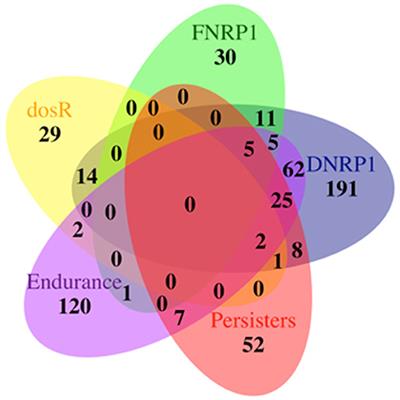
MINI REVIEW
Published on 09 Jan 2019
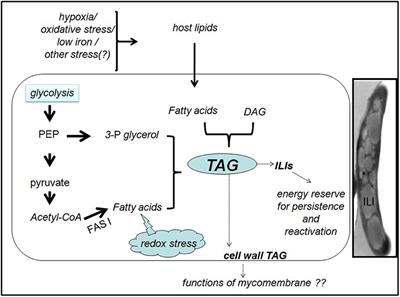
ORIGINAL RESEARCH
Published on 03 Dec 2018
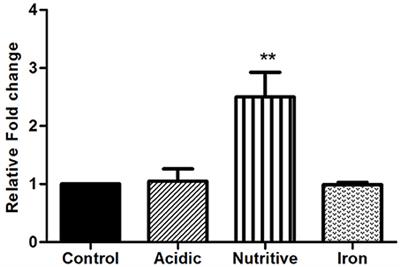
ORIGINAL RESEARCH
Published on 14 Mar 2018
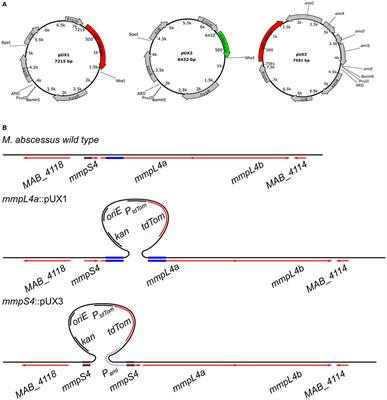
ORIGINAL RESEARCH
Published on 10 Oct 2017
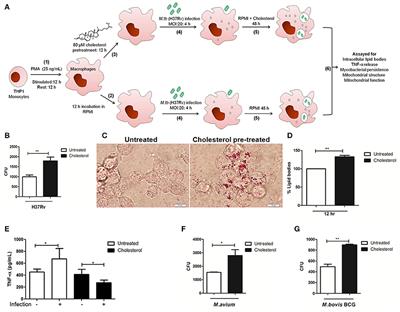
ORIGINAL RESEARCH
Published on 17 May 2017
